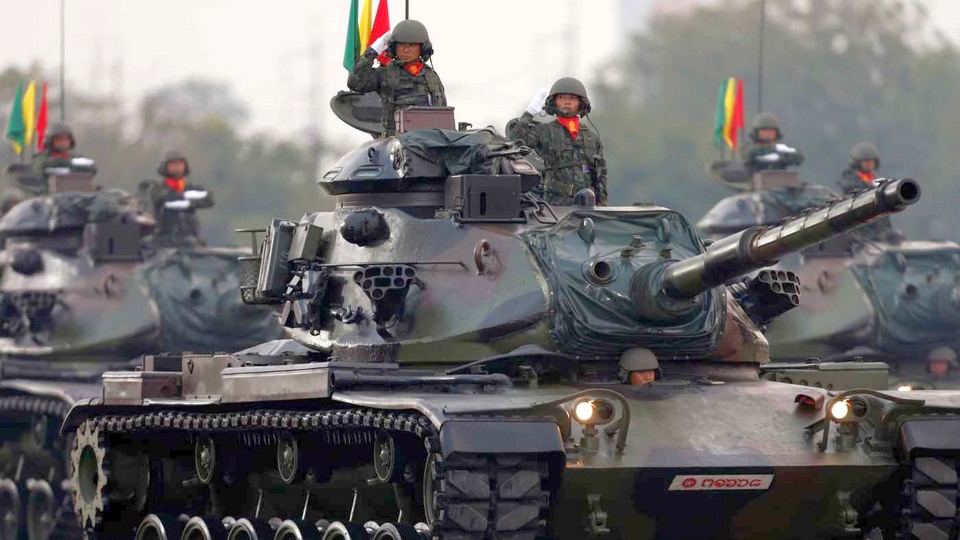
Former premier Thaksin Shinawatra has just reminded us that he was “stabbed in the back” when the Thai military organized the 2006 coup. Then there was another one in 2014. Given that Thailand has experienced a putsch every seven years or so over the last century, academics, futurologists and soothsayers are debating if it’s time for another urgent military intervention.
The consensus appears to be no. Since 2014 there have been sweeping changes in the chain of command, with over 7,000 crack Bangkok troops now owing their direct allegiance to His Majesty the King and not to the head of the army. Although there have been protest movements and car mobs by the Front for Democracy Against Dictatorship and others, the opposition to the military-backed government has been plainly disunited. Fear of persecution and prosecution has certainly been a major factor. Author Lipikar Narayaun Lindman has written that coups are most likely to occur when the breakdown of law and order is the main political hot potato. That’s not the case at present.
Of course, the Thai army with 1,600 generals is both rich and powerful. It is a huge landowner and has heavy investments in banking, the media, hotels and golf courses. Both the army and the navy have stakes in Thai airports and their leaders have appointed all 250 members of the unelected Senate. Yet the Thai armed forces have not been involved in significant engagement on home turf since 1945. Their tanks have been deployed exclusively as security for Thai coups, though for the first time in 2014 none were deployed. They were not deemed necessary, an indication of how strongly coup culture has become internalized in Thai politics.
The constitutional court is currently considering whether Prayut Chan-o-cha has, or has not, used up his eight years maximum time as prime minister. The issue is obviously important to the stakeholders, but it’s hardly political dynamite as the current junta-backed administration is likely to survive in parliament until the general election scheduled for early next year. Although unpopular, the government has arguably been more successful in handling Covid and the Russo-Ukrainian war than many pundits predicted. International tourism is rebounding and one of the partners in government, the Bhumjaithai party, has become popular with many Thai voters because of the decriminalization of cannabis and the cash opportunities from growing the plant for medical purposes.
It is the 2023 general election which will test Thai coup culture once again. The general expectation is that the opposition, led by Thaksin-backed Pheu Thai, will win most seats. But that doesn’t automatically mean that the military-backed parties will lose power or even the premiership. As happened in the last election in 2019, judges and the election commission can overturn some results on technicalities. Moreover, the unelected Senate (the upper house with all members appointed by the military coalition prior to 2019) has the power to use its 250 votes without accountability if members so decide. If matters proceed without too much pandemonium, a new government will take office in the middle of next year. If not, we are back in coup territory.
 |
 |
 |





